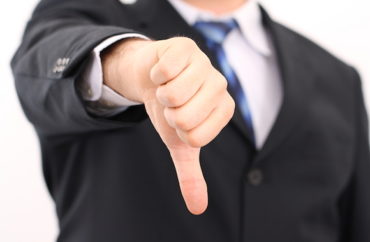
‘If that can get you hauled in for questioning … expect the same for any speech’
Libertarian student organizations have run into a legal brick wall in their bid to hold the University of South Carolina accountable for “chilling” their speech.
Last week the 4th U.S. Circuit Court of Appeals affirmed a lower-court ruling that threw out their First Amendment lawsuit against the public university.
The three-judge panel said that no “reasonable person” would worry about getting punished by the university for their speech because of what happened to the College Libertarians and Young Americans for Liberty chapters.
The Foundation for Individual Rights in Education, which funded the lawsuit as part of its Stand Up for Speech program, said the plaintiffs are “considering their options” in response to the loss.
“The students here hosted an event about censorship on college campuses — which was pre-approved by a USC administrator,” Marieke Tuthill Beck-Coon, FIRE’s director of litigation, wrote in an email to The College Fix. “If that can get you hauled in for questioning, USC students should expect the same for any speech.”
‘An unusual First Amendment claim’
The case centered on a fall 2015 incident where the student groups held a “Free Speech Event” that received approval from the school.
Lead plaintiff Ross Abbott, then president of the College Libertarians, received a “Notice of Charge” letter from the administration. It said that “some students” on campus told the university they were “triggered” by the display.
Abbott and the clubs were subsequently investigated by the university’s Office of Equal Opportunity Programs, though USC eventually declined to discipline them.
Their lawsuit accused the taxpayer-funded university of “chilling” their speech by subjecting them to investigation and forcing them to self-censor out of fear of discipline.
MORE: Students more afraid of offending each other than breaking speech codes
It said the university’s “Non-Discrimination and Non-Harassment” policy contained “vague and broadly-worded provisions that forbid ‘unwelcome’ or ‘inappropriate’ ‘verbal conduct.’”
The plaintiffs alleged that debates over such topics as racism, same-sex marriage and immigration policy “could be subject to investigation and sanction by university authorities.”
Writing for the unanimous panel, Obama-appointed Judge Pamela Harris called the case a “unusual First Amendment claim,” based on the fact that the students had been given approval for the event with the knowledge that it would “include displays of a swastika and other controversial material.”
USC “allowed the plaintiffs to hold their event in the precise campus location they requested; did nothing to interfere with the Event as it transpired; and imposed no sanction on the plaintiffs after the fact, notwithstanding student complaints,” said the opinion, which was joined by Clinton appointee Judge Diana Motz and George W. Bush-appointed Judge Allyson Duncan.
MORE: Students sue USC for threatening punishment over ‘triggering’ wall
It’s not ‘objectively reasonable’ to fear getting investigated?
Even though the university didn’t discipline them, it gave Abbott and the clubs a reasonable fear of disciplinary action if they sought to host similar events, according to the suit.
The College Libertarians stopped putting on “public events” entirely while Young Americans for Liberty “similarly hesitated” following the university’s investigation, because they feared they would at least be forced to “justify our actions,” they had told the 4th Circuit.
Again calling the claim a “unusual First Amendment argument,” Judge Harris concluded that “such a chilling effect amounts to a cognizable First Amendment injury only if it is ‘objectively reasonable’ – that is, if the challenged government action is ‘likely to deter a person of ordinary firmness from the exercise of First Amendment rights.’”
Because Abbott and the clubs were seeking damages, under 4th Circuit precedent, “it is not enough to establish that a reasonable person could have engaged in self-censorship as a result of the university defendant’s actions,” the opinion concluded.
MORE: Court rules against USC students in pro-free speech lawsuit
The case received friend-of-the-court briefs from across the political spectrum in support of the plaintiffs, including from Students for Life of America, the American Civil Liberties Union of South Carolina, the Student Press Law Center and the National Coalition Against Censorship.
FIRE expressed disappointment in the ruling, releasing a statement that says the Constitution “does not allow such behavior by government authorities.”
Beck-Coon highlighted the drawn-out nature of university investigations into free speech, saying “students shouldn’t have to expect a month-long investigation for speech that’s clearly protected by the First Amendment.”
The Young Americans for Liberty chapter declined to comment, citing the “ongoing legal matter.” That suggests they are considering a further appeal – a rehearing before the full 4th Circuit, or a Supreme Court appeal.
The USC College Libertarians and Abbott did not respond to requests for comment from The Fix.
MORE: Civil-liberties groups gang up on USC in friend-of-the-court briefs
IMAGE: Meikesen/Shutterstock
Like The College Fix on Facebook / Follow us on Twitter

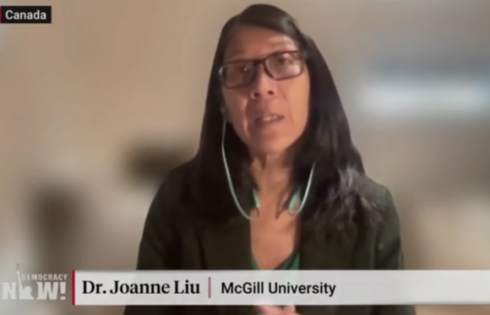
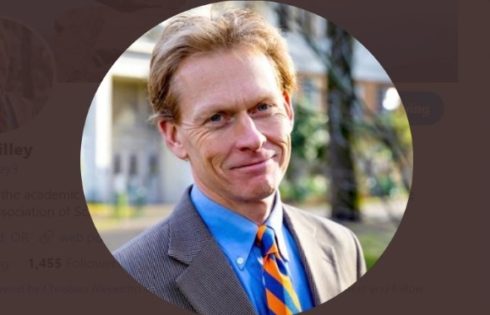
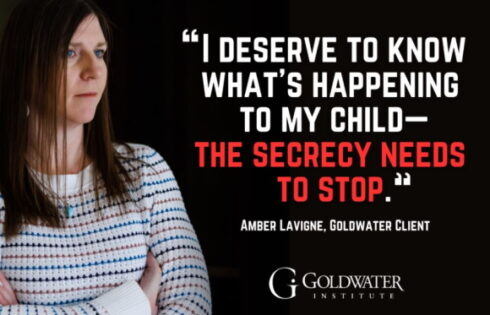
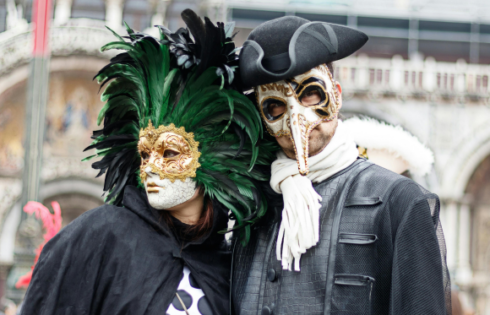
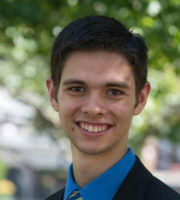
Please join the conversation about our stories on Facebook, Twitter, Instagram, Reddit, MeWe, Rumble, Gab, Minds and Gettr.